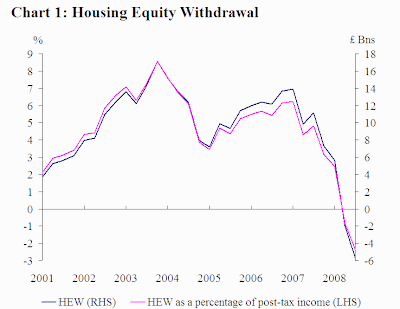According to Chris Giles, Economics Editor of the Financial Times today:
"Wednesday’s failed British government bond auction is symptomatic of the state of the public finances. In the annals of a nation that has prided itself on keeping tabs on government debt since shortly after the Glorious Revolution in 1688, the state has never needed to borrow as much money. According to the Ernst & Young Item club, in the two years 2009-10 and 2010-11, the government will probably have to raise £350bn.
That is more debt bequeathed to its successor than the total borrowed by successive rulers and governments of Britain between 1691 and 1997, the year Labour was elected. "
The South Sea Bubble, Napoleonic wars (which gave rise to the need for an Income Tax), financing the British Empire across a quarter of the globe, paying for World wars 1 and 11 and setting up the welfare state could all have been done, with change, for less than this Government has spent in the last few months.
As a share of national income, public borrowing is expected to rise from 2.6 per cent in 2007-08 to 12.6 per cent in 2009-10 as tax revenues plummet and already fixed public expenditure plans account for an ever larger share of falling gross domestic product.
Public finances are deteriorating at the fastest pace in the Group of 20 countries, according to the International Monetary Fund.
And what have we got to show for it? Absolutely nothing.
The money is needed because as the productive economy (private enterprise) shrinks the non-productive economy (Public service) grows as a percentage of the oveall economy, even if in cash terms it stays the same. This means you will have to take more money from the productive side (in taxes) to finance the growing public sector, if the chancellor takes that money straight away he creates a downward spiral where the productive economy shrinks even further; so instead he is intending to borrow the money and pay it back out of future taxation. As we discovered in the 1970's what that means in practice is tax rises at the first sign of recovery, killing off the growth and the country lapsing back into another recession. Basically a return to the cycle of borrowing, dash for growth, inflation and bust that we grew so accustomed to for forty years after WW11.















.jpg)

